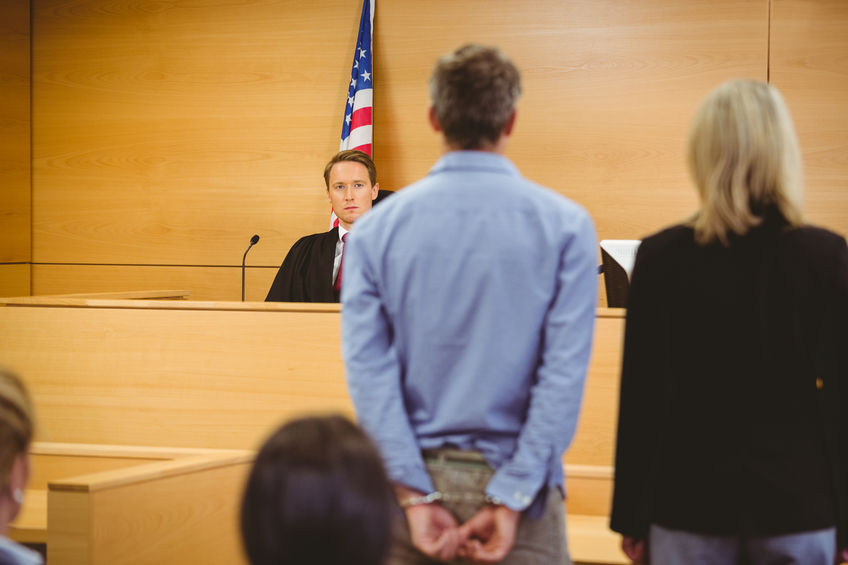A bench trial is a trial decided entirely by a judge, with no jury involved, and can be used in both civil and criminal cases. While jury trials are more common in serious criminal cases, bench trials are often used in family court, small claims, and certain misdemeanor or civil cases. Understanding how a bench trial works in Oklahoma can help you decide if it’s the right path for your situation.
What Is a Bench Trial?
A bench trial is a court proceeding where the judge serves as both the trier of fact and law. This means the judge not only interprets the law and rules on objections, but also hears the evidence and issues the final verdict. Unlike a jury trial, there are no jurors deciding your guilt or liability.
Bench trials are common in:
- Family law disputes (custody, guardianship, divorce)
- Small claims court
- Traffic violations and municipal code violations
- Some misdemeanor and nonviolent criminal cases
- Civil business or contract disputes
How Is a Bench Trial Different from a Jury Trial?
There are key differences between the two types of trials:
- No Jury Selection: Bench trials skip the process of jury selection, saving time.
- Faster Resolution: Bench trials typically take less time than jury trials.
- Judge Makes All Decisions: The judge decides both legal issues and factual disputes.
- Less Theatrical: Attorneys focus more on legal arguments than swaying a jury emotionally.
In some criminal cases, a defendant may waive their right to a jury trial and opt for a bench trial instead, typically when the facts are legally complex or when the defense believes the judge may be more impartial.
What Happens During a Bench Trial in Oklahoma?
Here’s what you can generally expect at a bench trial:
- Opening Statements – Each side gives a summary of what they intend to prove.
- Presentation of Evidence – Witnesses testify, and attorneys present physical or documentary evidence.
- Cross-Examination – The other side can question each witness.
- Legal Arguments – Attorneys argue how the law applies to the facts.
- Closing Statements – Final summary and argument from each side.
- Judgment – The judge may rule immediately or take the case under advisement and issue a written order later.
The judge must issue findings of fact and conclusions of law, particularly in civil and family cases, so that the parties understand the basis of the decision.
Creek County Trial Attorneys
Our trial lawyers are experienced in both bench and jury trials. Whether you’re dealing with a family law matter, criminal charge, or civil dispute, our team at Creek County Attorneys can help. Call us at 918-209-3709 for a free and confidential consultation or ask a legal question here.

